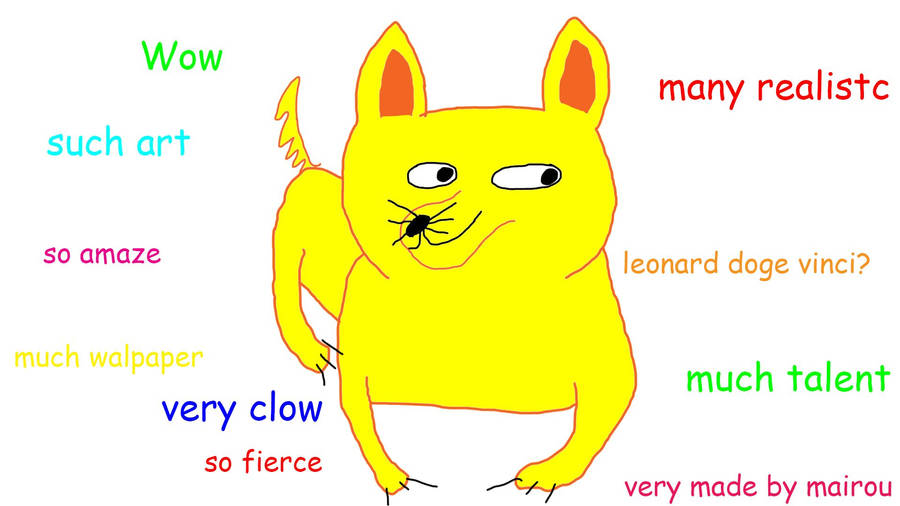After a restful and Netflix-filled winter break, I am back to school and to blogging. Only a few more weeks and then us Seniors will be off on our own during the third trimester. As the saying goes, New Year, New Me(mes), so here's a preview of what 2017 has in store for you all.
In the spirit of New Years, this week's assignment is to reflect on our methods and identify ways to improve them. Fortunately, I have had the opportunity to have my paper read over and critiqued by my peers, so that should make this assignment a little easier and hopefully even more productive.
For anyone who does not know what my methods are, I will provide a quick summary. I am investigating how the effect of time pressure, near-misses, and priming influence blackjack behavior. So I designed an experiment that will have four groups play blackjack while under the influence of the different effects. Their behaviors will be observed and measured to help me find results. Hopefully that brief summary gives you a better understanding of my methods.
Overall, I feel that the design of my methods was fairly strong. However I often did a poor job explaining myself and got excessively wordy, especially through the use of passive voice. The key weaknesses that need to be addressed in my methods section are passive voice, lack of smooth and rigorous justifications, fixing unclear explanations, and unnecessary transitions.
Throughout my paper, passive voice obscures the meaning of my sentences. Often times, the sentences became overly wordy and emphasized the wrong aspects. I often used passive structures in my justifications, which made them extremely long-winded and hard to follow. If I can fix the passive voice issues throughout my paper, my methods section will become clearer and easier to follow.
Along with passive voice problems, many of my justifications were unclear. This was often due to the roundabout way that I wrote them very roundaboutly. The previous sentence was a perfect example of the overt repetition I used when I could have just said it briefly and directly. Throughout my methods, I often found that I could explain it well orally but I did not translate my own understanding into the paper.
Similarly, I found that my explanations of my actual methods were often times unclear as well. When I tried to explain the risk survey that I would be using, I ended up confusing many of my group members. This is because I did not provide the full context around the survey. I think it was also difficult to explain my methods chronologically because I have not done them yet.
Building off of that, I had awkward transitions between the different sections of my paper and tried to justify the order that I was doing the groups in, even though since they are all separate it is unnecessary. I used wordy and often-times clunky phrases to try and transition between my subtopics when concise methods would have sufficed. Hopefully after my edits, my methods will be as strong as this guy. (516)



Your memes are certainly on point, although that really muscular guy is kind of freaking me out a little/a lot. Being able to recognize your own vagueness and confusing writing style is going to be super helpful in your rewrite of your methods. I think that through that you can both make your methods shorter and more effective which will be awesome. I'm just gonna trust you when you say that your method design was solid, so just focus on making everything concisely and efficiently worded and your methods should be good! Justification wise, I also think that you should try and make things as explicit as possible without getting repetitive because that can often help with confusing elements (when you assume that people know more than they actually know, that's where a lot of confusion comes from). Awesome job though! Your research sounds super cool and I'm excited to see your results.
ReplyDeleteI see you commenting on Max's blog, Daphne...
Delete😏
DeleteHey Max! I appreciate the New Memes pun, but your memes really aren’t that new…so I think you should get on fixing that. After you’ve finished that important task, I think it’ll be great to start fixing your methods. It’s great that you feel that your methods are strong, but know that you need to work on your writing. Since all of the information is already there, rewriting your methods shouldn’t be that bad. I think you should just say to yourself what you’re trying to write, so that once it’s explained to yourself, you know how to convey it on paper. Really I think the most important thing is making sure that all of the connections are there and that it’s all clear. Good luck!!
ReplyDelete